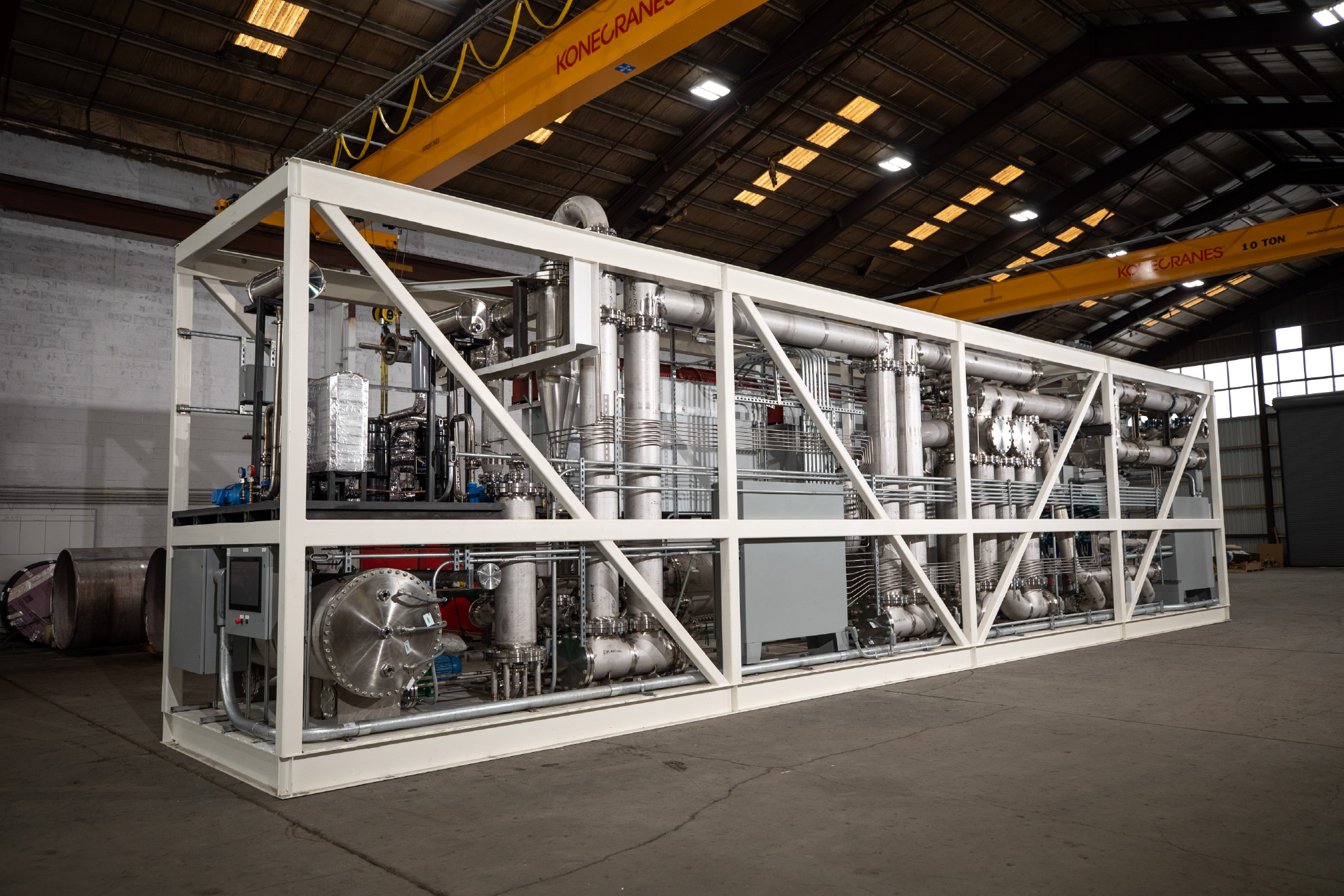
In the quest for sustainable waste conversion, precision is everything. Traditional pyrolysis methods often struggle with inconsistent outputs, leading to variable quality in high-value co-products. Enter LOCOAL's Rainmaker™ induction pyrolysis platform—a game-changer that transforms biomass waste into premium biochar, refined syngas for clean electricity, wood vinegar, and bio-oils with unmatched reliability.




.png)

.png)


.jpg)







.jpg)


